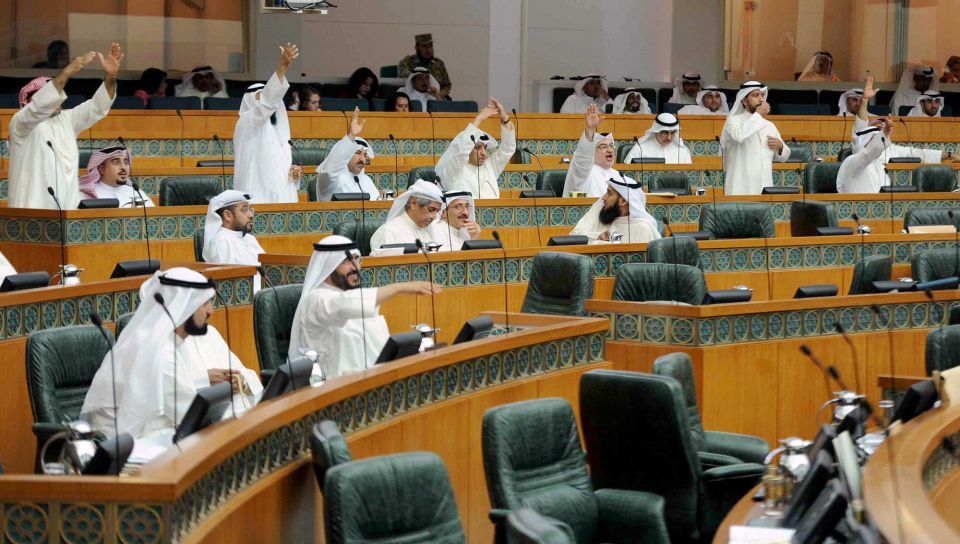Kuwait Cabinet Quits After Lawmakers Back No-confidence Motion Against Government

republicworld– Kuwait’s cabinet submitted its resignation after a cycle of clashes between the government and lawmakers on Tuesday, January 12. This came after 30 lawmakers backed a no-confidence motion against the government this month, revealing the instability within the country. The ministers decided to quit after recently elected members of parliament grilled the Prime Minister to protest his new Cabinet appointments.
Kuwait Prime Minister will now be submitting the resignations to Sheikh Nawaf Al Ahmad Al Sabah, who is the country’s ruling emir. According to local media reports, the prime minister has been accused of staffing the Cabinet with “provocative and unqualified members”. Other points of conflict include choices for interior minister and justice minister, who opposed a draft law on Kuwait’s stateless people that the parliament had hoped to pass.
Read: ‘What A Shame!’: Kuwait Appoints Only Men To Women Parliamentary Committee, Netizens Upset
According to AP reports, Mohammed al-Yousef, an independent Kuwaiti political analyst said, “The lawmakers are trying to bring reforms, but they feel their hands are tied because the government keeps bringing in the same old faces.” He added, “The system is designed to create deadlock.” However, the resignation has led to various concerns, including that the Emir may dissolve parliament and force a second election in as many months.
Read: Kuwait’s Government Quits, Deepening Political Deadlock
Women’s Parliamentary Committee row
Earlier, Kuwait was trolled for appointing just men to the Women’s Parliamentary Committee. The information was shared online by The Council, a Kuwaiti electronic newspaper licensed by the country’s Ministry of Information and Broadcasting. According to The Council, Saleh Theyab al-Mutairi, Osama Ahmad al-Munawar, and Osama Essa al-Shaheen have been appointed to the committee.
The Kuwaiti National Assembly, the country’s parliament, is a 65-member body, 50 of whom are elected every four years by the people, while the remaining 15 are appointed, making it a semi-democratic system. There are no political parties in Kuwait and members often run as independents. After the National Assembly elections are concluded, members form parliamentary committees.



